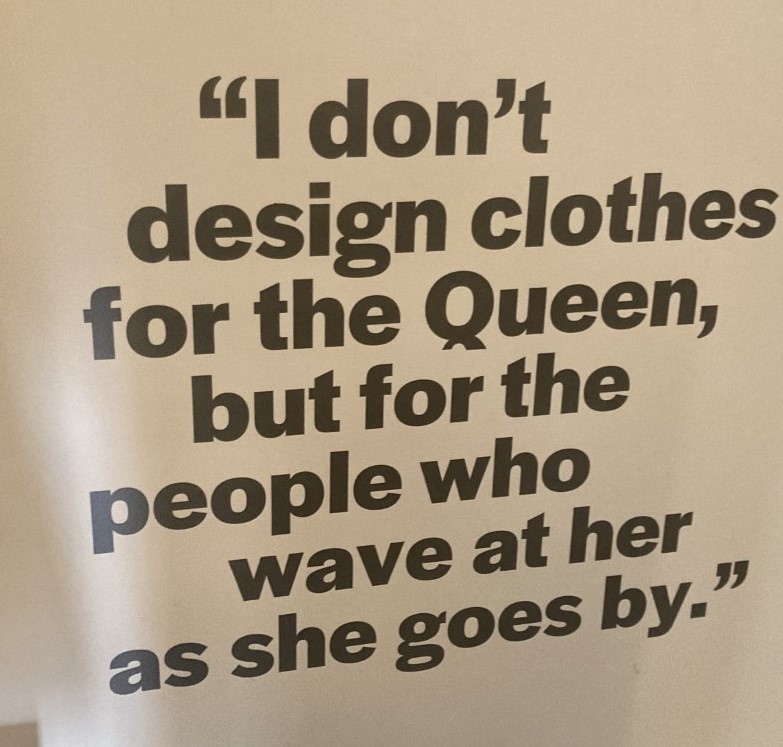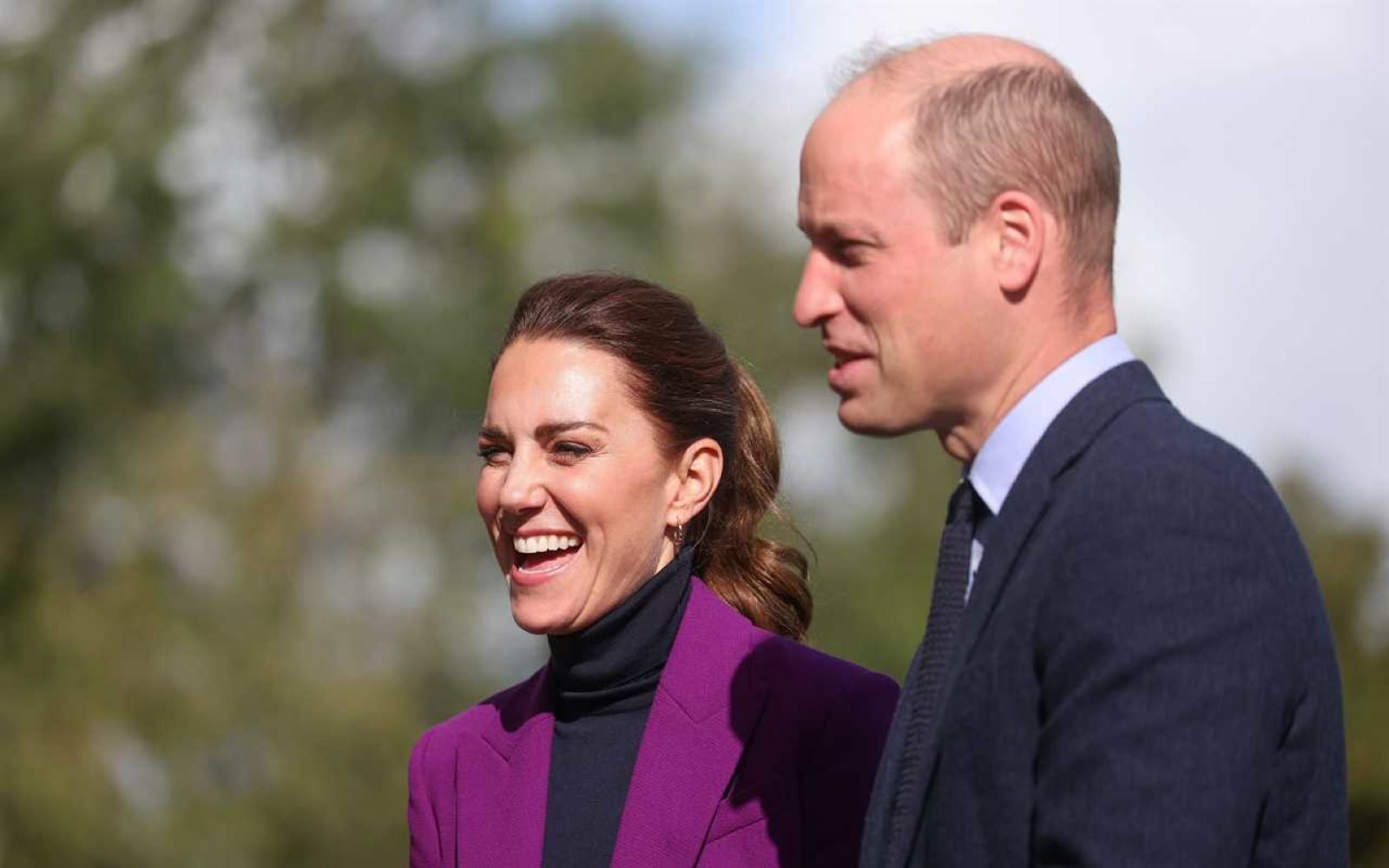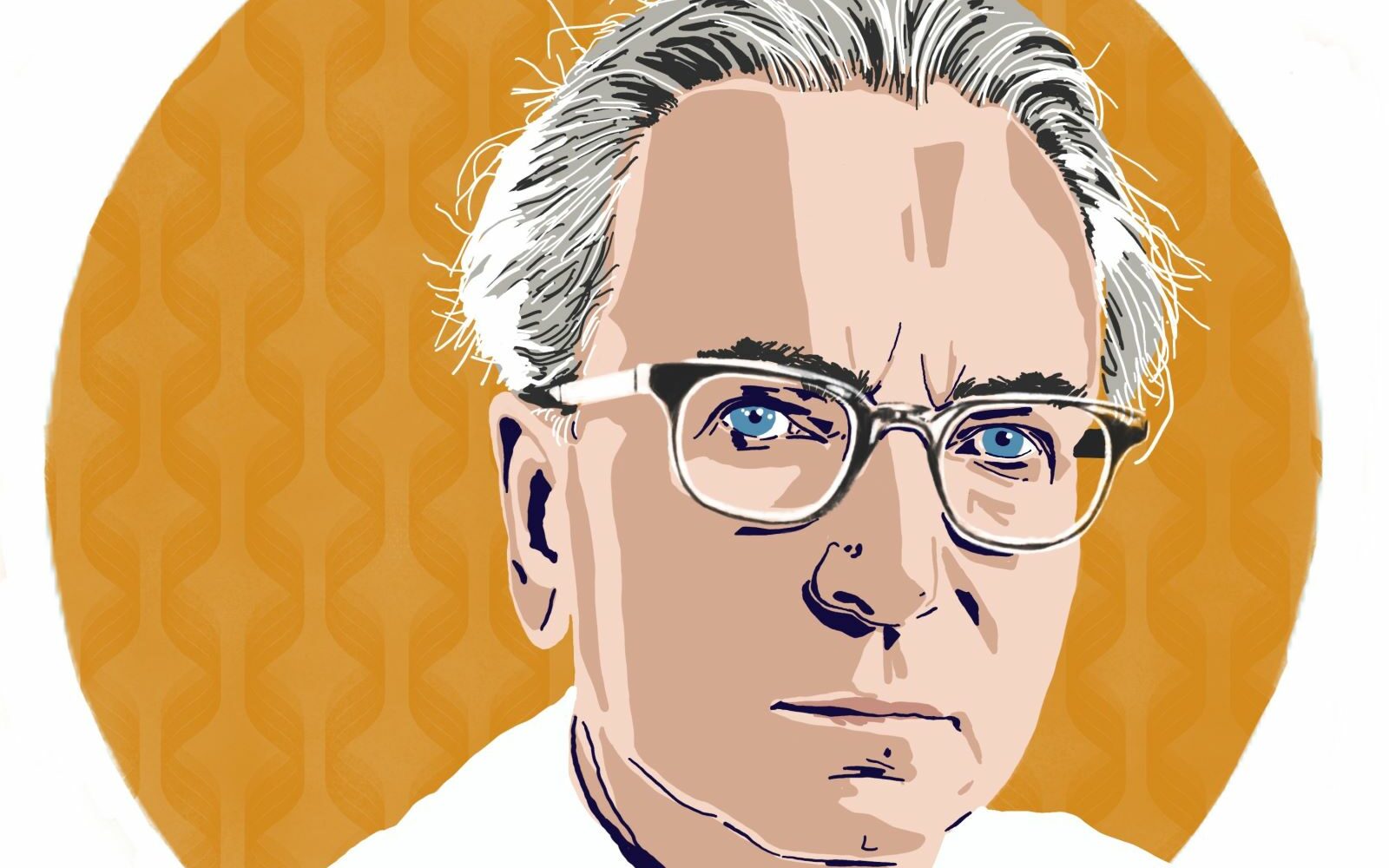Several years ago, I had the opportunity to meet the Duke and Duchess of Cambridge while they were in Los Angeles as part of their tour of North America. As you can imagine, everyone involved seemed thrilled to be part of this event and the excitement amongst the participants was palpable. While we waited for the arrival of the Duke and Duchess, conversations ranged from how people selected what to wear (yes, there were purchases of some very creative hats), to debating if a curtsy would be appropriate, to what they would say when they meet Will and Kate. Many people had invested time in brushing up on their knowledge of the lives of the Duke and Duchess, just in case the opportunity presented itself for a longer conversation.
Good times.
Imagine yourself in that situation. How much time and energy do you think you would put into preparing to create an impression which, if we’re honest with ourselves, is likely to be entirely unmemorable to these world travelers who are constantly meeting new people? Would you try to put your best foot forward, a la a pair of red soled Louboutins, or do you view this as the fleeting moment it is where your role is simply to be a polite host representing your country?
What’s interesting to observe is how no one had received instructions on how to behave, yet intuitively recognized and respected the importance of research, presentation and communication style for this brief encounter with the royals, regardless of how little impact they have on our lives.
How do we show up to our meetings? What level of preparation do we put into putting our best foot forward to create the ideal ambiance and tone for meetings where the outcome is very impactful and meaningful to everyone in attendance?
Also Read: Series: Powerful Meeting Lessons from Leaders [How Winston Churchill Avoided Misunderstanding]
Judge Your Own Book Cover
It’s all good and lofty to suggest that we shouldn’t judge a book by its cover, but the reality is that what we wear has a bigger impact than we may realize.
In a study done titled, The Cognitive Consequences of Formal Clothing,
The findings demonstrate that the nature of an everyday and ecologically valid experience, the clothing worn, influences cognition broadly, impacting the processing style that changes how objects, people, and events are construed.
The Cognitive Consequences of Formal Clothing 2015
Psychologists Stephen Martin and Joseph Marks do a deep dive into this topic and share their finds in the book, “Messengers: Who We Listen To, Who We Don’t And Why”. One of the studies outlines how pedestrians are three times likelier to follow a man illegally crossing a street when that man is wearing a suit than when that same man is wearing denim.
Without any policies dictated, everyone meeting the Duke and Duchess intuitively knew that showing up in our bedroom slippers would have been disrespectful. What does it say when we show up to the office with an obvious disregard for how we present ourselves?

Talk the Talk
We’re going to turn the tables here for a minute and take a look at how the royals create the magical experience that has people lining up to greet them.
Putting Others First
- When the Duke and Duchess know with who they’ll be meeting, they prepare and learn information about each person. Even though they’re generally the most famous people in the room, they don’t wing in! The royals make each person feel important by showing that the person was worth spending time learning about.
- The Duke and Duchess make a point to greet people in a manner that is meant to make the other person feel most comfortable. This could mean something as far out of their comfort zone as a nose rub instead of a hand-shake, or a much simpler gesture like bending down to be at eye level with a child.
What can we do to bring some of this same magical experience into our meetings?
According to survey results from Quantum-Fierce, more than 55% of respondents shared that they felt that group meetings, rather than one-on-one conversations, are a significant contributor to miscommunications. Let’s do a lot better than that!






